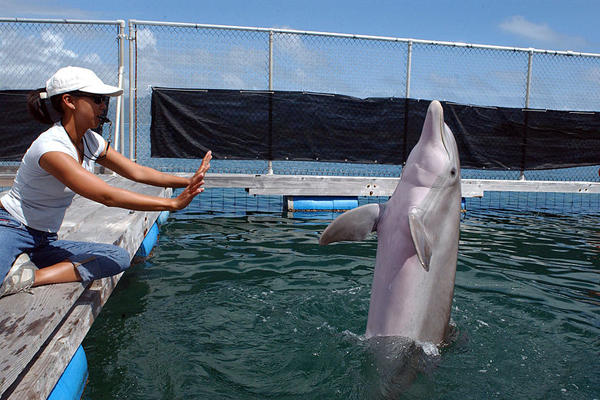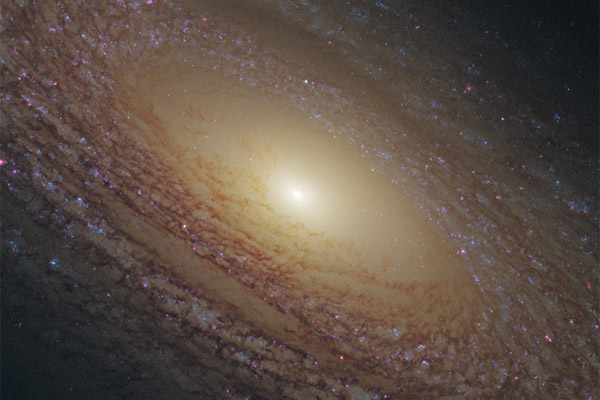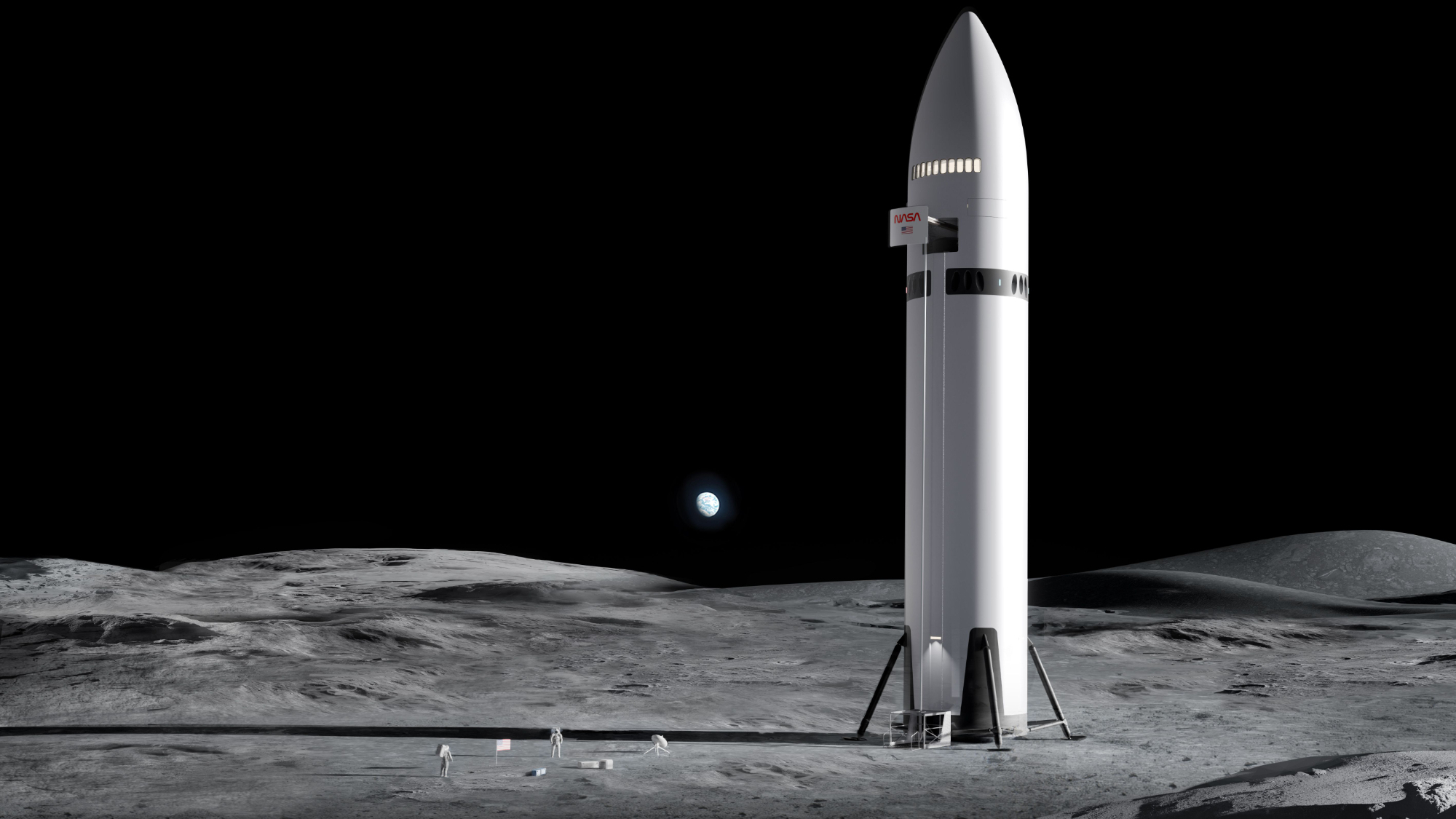13 Ways to Hunt Intelligent Aliens
Breaking space news, the latest updates on rocket launches, skywatching events and more!
You are now subscribed
Your newsletter sign-up was successful
Want to add more newsletters?

Delivered daily
Daily Newsletter
Breaking space news, the latest updates on rocket launches, skywatching events and more!

Once a month
Watch This Space
Sign up to our monthly entertainment newsletter to keep up with all our coverage of the latest sci-fi and space movies, tv shows, games and books.

Once a week
Night Sky This Week
Discover this week's must-see night sky events, moon phases, and stunning astrophotos. Sign up for our skywatching newsletter and explore the universe with us!

Twice a month
Strange New Words
Space.com's Sci-Fi Reader's Club. Read a sci-fi short story every month and join a virtual community of fellow science fiction fans!
Dolphin Aliens?
Dolphins are intelligent -- possibly as intelligent as humans. But they aren't known for their ham radio operator skills. What if intelligent aliens are more like dolphins? Are we destined to never detect them, unless we go to their homeworld and communicate with them face-to-face? This discussion has not only motivated SETI debates, it has also forced us to reassess what "intelligence" really means on a galactic scale.
ANALYSIS: Do the Meek Inherit the Galaxy?
Green Aliens
As the universe seems so quiet, some astronomers have -- prematurely -- declared that no other intelligent life exists amongst the stars. From a science point of view, that's as good a conclusion as any, even if it is a bit short sighted. But what if it's so quiet as alien civilizations don't want to make contact? What if they are happy doing their thing, not wanting to speak with us? Also, what if they've become so efficient, they leak very little energy into space for us to detect?
ANALYSIS: Do Aliens Go Invisible by 'Going Green'?
Invasion!
As movies like Battle: Los Angeles and Independence Day have taught us, we're just a heartbeat away from an alien invasion. This has led many great thinkers to ponder the question: Why would they invade? My personal response has always been "why not!" -- the reasons for an invasion would likely be unfathomable.
But this does make for an interesting thought -- could an alien invasion be considered a viable SETI strategy? I've always been a fan of waiting for extraterrestrials to arrive, as the wonderfully patient Waiting for Extraterrestrial Intelligence (WETI) Institute suggests.
In the mean time, perhaps we should just keep our heads down and hope that no one notices we're here.
Breaking space news, the latest updates on rocket launches, skywatching events and more!
ANALYSIS: Why Would Aliens Invade?
This story was provided by Discovery News.
Ian O'Neill is a media relations specialist at NASA's Jet Propulsion Laboratory (JPL) in Southern California. Prior to joining JPL, he served as editor for the Astronomical Society of the Pacific‘s Mercury magazine and Mercury Online and contributed articles to a number of other publications, including Space.com, Space.com, Live Science, HISTORY.com, Scientific American. Ian holds a Ph.D in solar physics and a master's degree in planetary and space physics.



